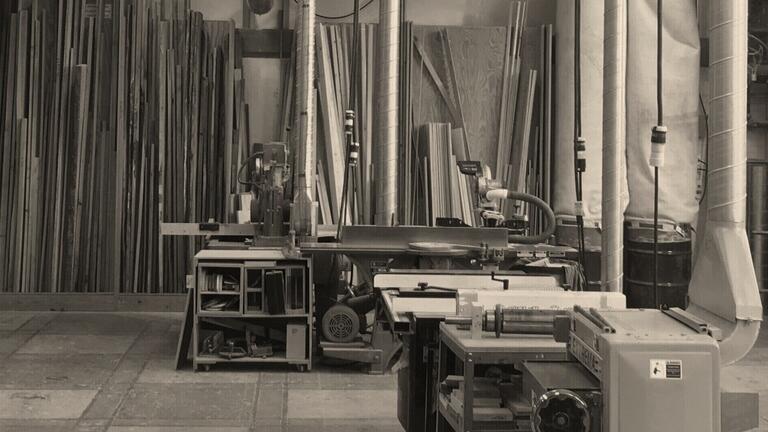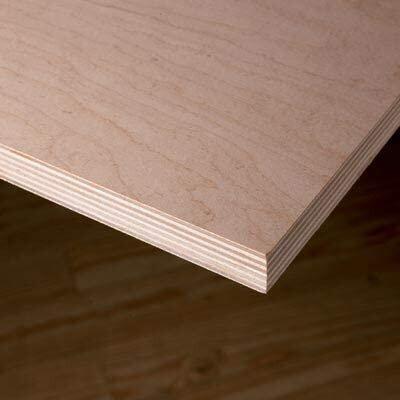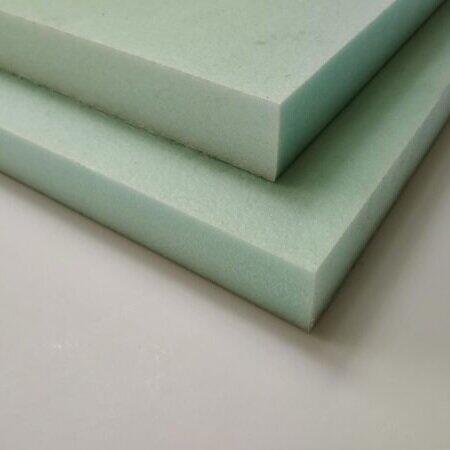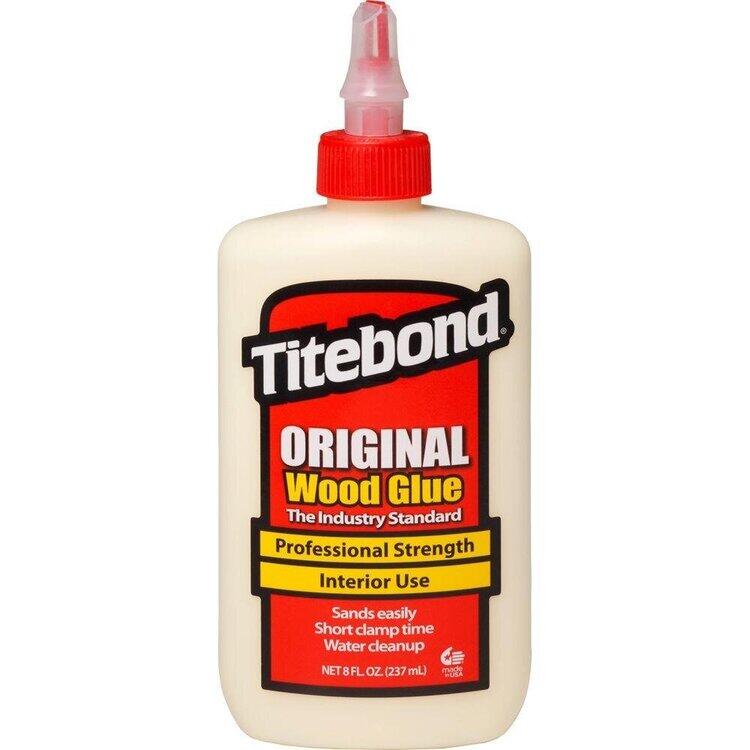
ArchSHOP
Hands-on Fabrication
Jump To...
Solidify your ideas.
The Shop provides Carnegie Mellon Architecture students with access to a wide variety of equipment and the guidance of an expert staff.
Introductory shop training, integrated with core undergraduate courses, facilitates exploration of fundamental tool and material interactions that are common across technologies.
Craft-centered elective courses allow advanced students to practice iterative design principles through the creation of finished decorative and functional objects.
Scheduling & Tool Checkout
Use these links to schedule a meeting or near-term shop access or to check out tools. Do not enter sensitive information!
Staff
Shop Director
Assistant Shop Director
Interested in becoming an ArchSHOP monitor? Read our Monitor Policy page for more information.
If that doesn’t put you off, contact the Shop Director.
Reference
Rules
Know these rules before working in the ArchSHOP.
-
ArchSHOP exists for the use of qualified students and faculty of Carnegie Mellon University’s School of Architecture. Access for others may be possible at the sole discretion of the Shop Director.
Complete the EH&S Student Shop Training module (near bottom of linked page) before using or spending time in ArchSHOP.
Never use machinery or perform other hazardous work unless an ArchSHOP staff member is present.
Never work alone. Work buddies/partners must also have completed the EH&S Student Shop Safety training and observe all ArchSHOP rules.
Machine-specific training is required before using any given piece of power equipment.
Never work beyond your skill level. Seek help when unsure.
Always wear proper PPE (Personal Protective Equipment). Safety glasses are required when near any operating ArchSHOP power equipment.
Shoes must cover your feet completely, up to the ankle. Bare feet, sandals, flip-flops, and open-toed shoes are not permitted.
Shorts and cuffed pants are prohibited when welding or working with hazardous chemicals, flame, sparks, or slag.
Gloves are prohibited when working with rotating equipment. Check with shop staff before using gloves of any kind.
Contact EH&S before doing any work involving hazardous vapors, sprays, smokes, gasses, fog, fumes, or mists that might require use of a respirator.
Equipment guards and shields must be in place unless shop staff makes an explicit exception and provides special training and assistance as necessary.
Follow proper shut-down procedures before repairing equipment or changing components. Consult shop staff before proceeding.
Inspect equipment before use. If it doesn’t appear to be working properly then alert staff, remove equipment from service, and tag it so that it won’t be used by others.
Secure loose clothing and hair, and remove jewelry before using machinery. If your hair is long enough to be tied back, then tie it back.
Know locations of all safety equipment — emergency shutoff switches, fire extinguishers, eyewash, and first-aid kit.
Keep all exit routes clear and emergency equipment accessible.
Food and drinks not permitted on or near ArchSHOP equipment.
Compressed air nozzles can be dangerous. Wear safety glasses. Do not bring nozzle tip into contact with skin. Keep air stream away from eyes, ears, nose, and mouth. Exercise caution around liquids and solid particles that may be lifted into the air and thrown.
If you see someone doing something unsafe, bring it to their attention as soon as it’s safe to do so. Report to shop staff if the problem persists.
Correct unsafe conditions or bring them to the attention of shop staff immediately.
Shop staff have the authority to limit or prohibit access to the shop or use of specific tools. If necessary, offenders may be asked to leave. Use of equipment is subject to staff assessment of users’ abilities.
Headphones are prohibited on the main shop floor (CFA A9), in the metal shop (CFA A17), and when operating any powered tools or equipment regardless of location.
Horseplay is prohibited in all areas of the shop.
Do not leave operating machinery unattended.
Do not work when impaired by alcohol or drugs of any kind. Notify shop supervisor before working if you’re taking prescription or OTC drugs that could impair your abilities.
Notify shop staff if you have any disability, physical limitation, or health issue that may impair your ability to work safely so that accommodations can be made.
Report all injuries and near-misses to shop staff.
Know and follow all ArchSHOP rules.
Keep your work area clean, and return tools to proper storage before leaving.
Know where you are. ArchShop’s main work area is in CFA A9.
THESE RULES ARE SUBJECT TO CHANGE WITHOUT NOTICE.
In an emergency, call CMU Security: (412) 268-2323
Safety & Training Resources
Carnegie Mellon’s Department of Environmental Health & Safety offers dozens of online and in-person safety training modules, including the Student Shop Safety module required for all users of ArchSHOP.
Material Safety Data Sheets (MSDS) provide detailed information about potentially hazardous materials, including appropriate personal protective equipment. You can access a searchable database of Material Safety Data Sheets from the EH&S webpage, or by searching Google for “CMU MSDS.”
Materials
The ArchSHOP stocks commonly needed materials that are not available through the campus art store, and may be able to assist SoA students and faculty with ordering special materials for use in academic projects.
Stock Materials
Image

| Baltic Birch Plywood This strong and stable panel material is laminated from consistent, void-free layers of birch, and provides an aesthetically pleasing edge. It is sold in 30” square, 60” square, or 30” by 60” rectangular sizes, in six nominal thicknesses from 1/8” (3mm) to 3/4” (18mm). |
Image

| Domestic and Exotic Hardwoods The ArchSHOP offers an ever-changing selection of rough-sawn domestic and imported hardwood lumber, in a range of thicknesses and widths. Color and physical properties vary. The term “hardwood” always refers to the wood of deciduous trees, which tends to be denser and more durable than that of conifers. Hardwoods are sold by volume, based on nominal thickness and actual length and width measurements. Unit prices depend on species, quality, and thickness. |
Image

| Extruded Polystyrene Foam (XPS) Extruded polystyrene (XPS) foam insulation is a closed cell, moisture-resistant, rigid foam board that is lightweight, easy to machine, and a common staple of architectural models for students. It is available at the shop in 2” thickness, and in any size up to 4 feet by 8 feet. |
Image

| Wood Glue The ArchSHOP stocks 8 oz. dispenser bottles of fast-bonding, moisture-resistant aliphatic resin glue for use away from the shop. |

